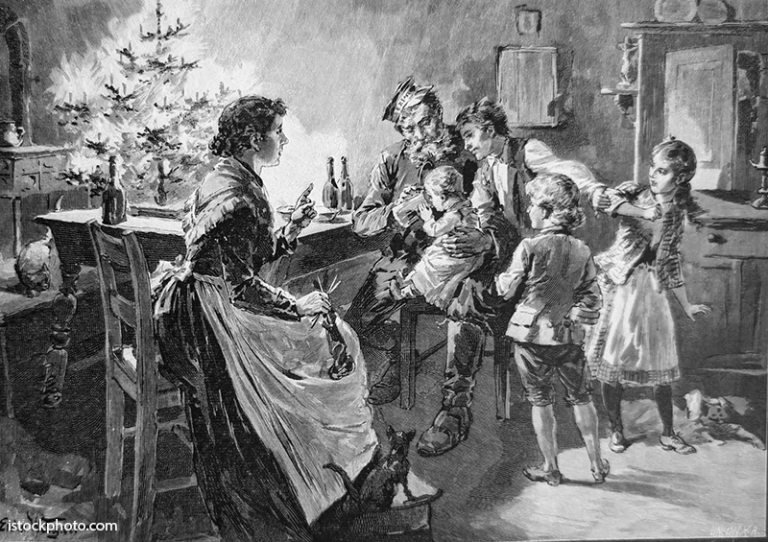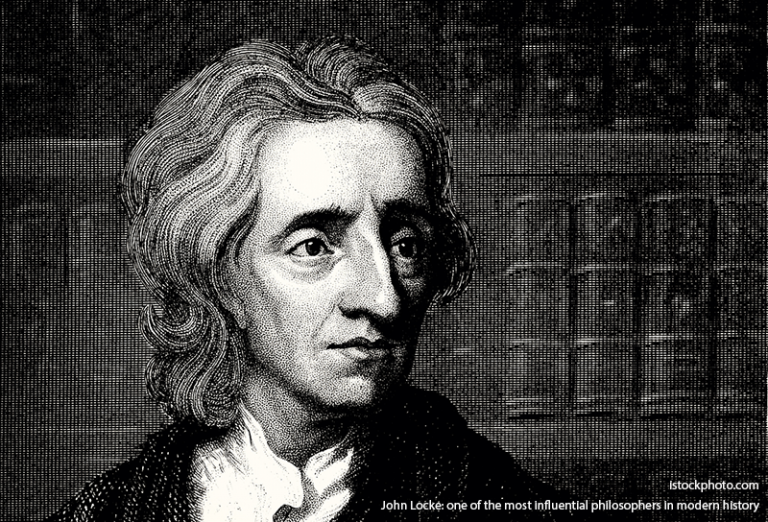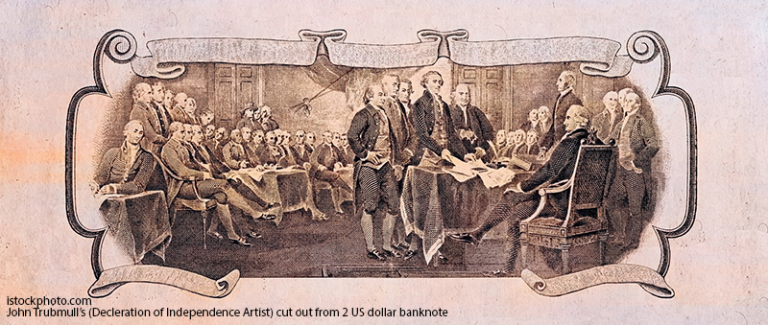 In the last 70 years, educators have gone from expressing a keen interest in teaching values to little interest, if any. I am not sure what makes this discussion so difficult, but I do know that students, even in graduate school, are still learning values; they learn them from experience and study. Study, of course, is one form of experience. Faculty members of any university know that they teach values: Values are taught and become part of the student experience. Frequently, this aspect of the work of faculty members is downplayed. It suggests a level of responsibility that is a great burden to bear.
In the last 70 years, educators have gone from expressing a keen interest in teaching values to little interest, if any. I am not sure what makes this discussion so difficult, but I do know that students, even in graduate school, are still learning values; they learn them from experience and study. Study, of course, is one form of experience. Faculty members of any university know that they teach values: Values are taught and become part of the student experience. Frequently, this aspect of the work of faculty members is downplayed. It suggests a level of responsibility that is a great burden to bear.
Possibly, we are afraid of it.
Every course, in every discipline, is taught from a cultural perspective. Some would say that can’t be so in the case of calculus, for example. Is calculus free of culture’s influence? Not really.
The development of calculus embodies contributions from Newton, Leibnitz, Eudoxus, Archimedes, Lin Hui, Ibn al-Haythan, Seki Kowa, Cavalieri and Schwarz. Count the cultural and geographic divides, worldview differences, and religious and moral perspectives in this incomplete, impromptu list. The distinctive cultures that give life to an approach to the world have pieces and parts of many value systems that are difficult to see, making calculus appear valueless. Calculus is laden with value. We can’t see the lines of demarcation between one culture and another anymore or how each contributes to a commonly held set of principles, so we think calculus is free of cultural interpolation. It is so full of it we are blinded.
Possibly, we can’t see the trees in the forest.
To suggest this means that mathematics is a-cultural, has no value associated with it, and should be devoid of cultural perspective is the same as claiming my grandchildren have no specific and powerful relationship to my grandparents, and my wife’s grandparents, and their grandparents and so on.
The French Revolution embodied the conflict between two value systems: those of the monarchs and their subjects, ever so well represented by Queen Marie Antoinette’s suggestion upon hearing that the populace had no bread, “Qu’ils mangent de la brioche!” “Let them eat cake!” (Jean-Jacques Rousseau claimed the Queen said it but offered no proof.) To unite the people of France, the framers of the revolution worked to rally the masses with the motto, “Liberté, égalité, fraternité,” “freedom, equality, brotherhood.”
Stabilization of these conflicting cultures was sought by the infusion of fraternity—brotherhood—in the complex questions that vex us all from time to time. We can see the cultural divides here. The genius of the revolutionaries was that they understood the importance of fraternity in addressing complex problems. Fraternity buffers allow the mixing of differing value systems to be present, not lost, and included, not excluded. Divergence becomes convergence. (Some social historians attribute the roots of the revolution to “class struggle” and place responsibility at the feet of anti-Christian, especially Catholic, forces.)
When a person holds a particular set of values, they can be taught straight away, like you can teach someone to read or write. Because values tend to be complex, many believe they cannot be taught, are personal or should not be taught. The evidence that values can be taught is the ability to talk about Christian, Jewish, Eastern or Western values. By identifying these sets of values, it is clear that they are taught from one member of one of these groups to another. As another case in point, when a Supreme Court justice is appointed to the bench, it is usually because that individual holds a set of values compatible with the person making the appointment. This can be evidenced repeatedly if these appointments are looked at over the past few centuries.
This is why we must teach values at our university, even in subject areas where we don’t think they exist. Economist and thinker E. F. Schumacher had a profound warning for us in A Guide for the Perplexed: “Divergent problems offend the logical mind, which wishes to remove tension by coming down on one side or the other, but they provoke, stimulate and sharpen the higher human faculties, without which man is nothing but a clever animal.”
The task is to teach students understanding and how they can recognize, even appreciate, value systems that they do not hold. Students continue to learn how they can identify such values and how they can begin to work with them even when different from their own. The task is complicated because we, as a group, too frequently put too little emphasis on value. That happens in two ways. First, we assume that anything is okay without culture or moral fabric. Secondly, they should not discuss values for fear of offense or ridicule. Most basically, we tend to push value-laden discussions off. As an architect, I might rather talk about how to keep the rain out. The value-laden stuff is more challenging to teach, and when it is poorly taught, it is literally impossible to judge.
When well taught, it judges itself.
Walter V. Wendler is President of West Texas A&M University. His weekly columns, with hyperlinks, are available at https://walterwendler.com/.







Good points, but some corrections need to be made. It is myth/propaganda that Marie Antoinette said, “Let them eat cake”, or anything similar to that statement. Never happened. Further, the French Revolution was more about ousting Christianity from France, which at that time, was mainly Catholic. Hundreds of thousands of Catholics were either guillotined, drowned or killed in some other way…most of them peasants. So much for class equality and the brotgerhood the revolution said it promoted. Priests and nuns were executed just because they were Catholic- Christians loyal to their faith. They had harrned nobody, and had committed no crimes. The French Revolution was all about stomping out Christianity in France and replacing it with a Godless “brotherhood of men” who lived life according to science and reason rather than faith and reason. Ironically, Catholicism is in harmony with science, and many great scientific discoveries and breakthroughs have been made by practicing Catholics. But that didn’t matter to the revolution. The crisis we face in our country today is just a continuation of stomping out the faith lives of Christians who have committed no crimes and replacing faith and reason with “blind science”, which we’re told to trust without question. Think of all that happened during the pandemic and you’ll understand the point. I’m disappointed that centuries after the French Revolution, the propaganda that supported it is still alive and well.